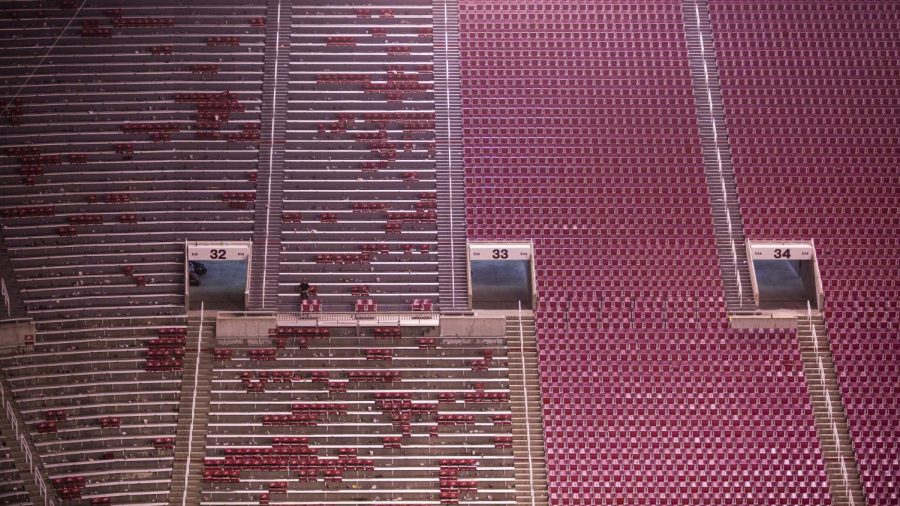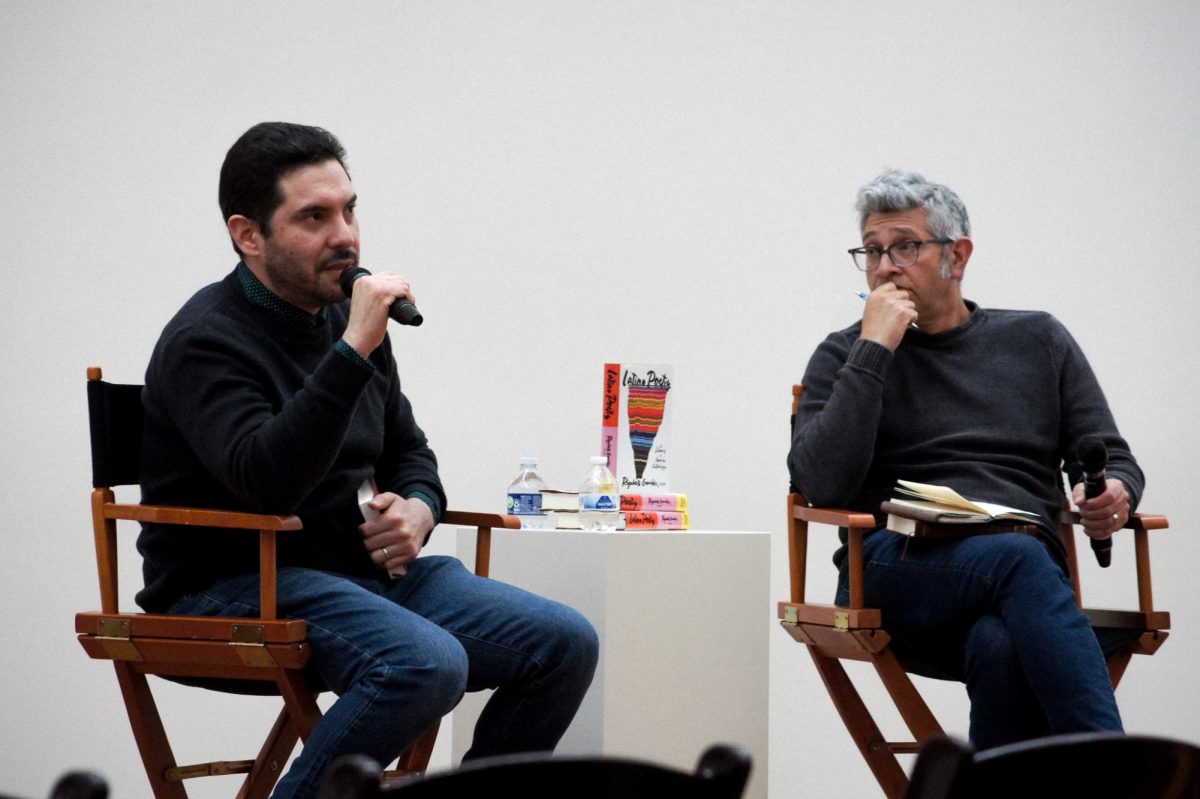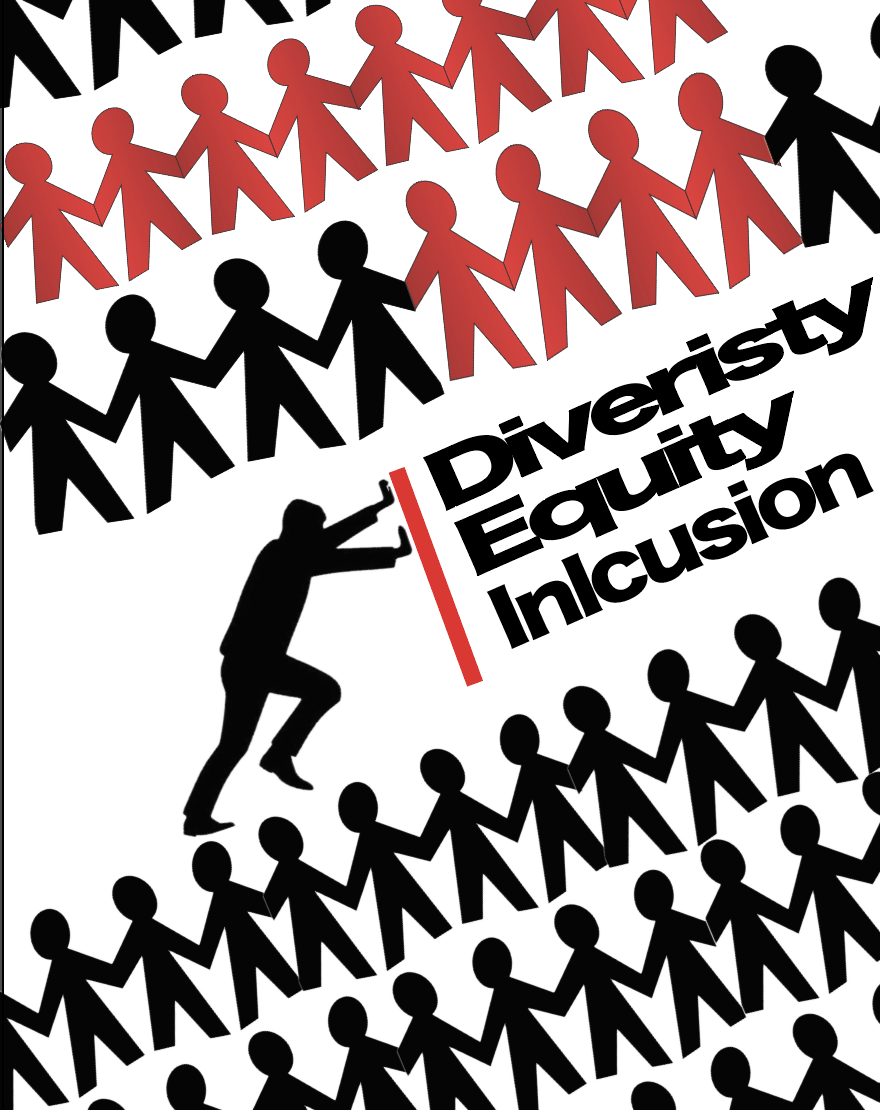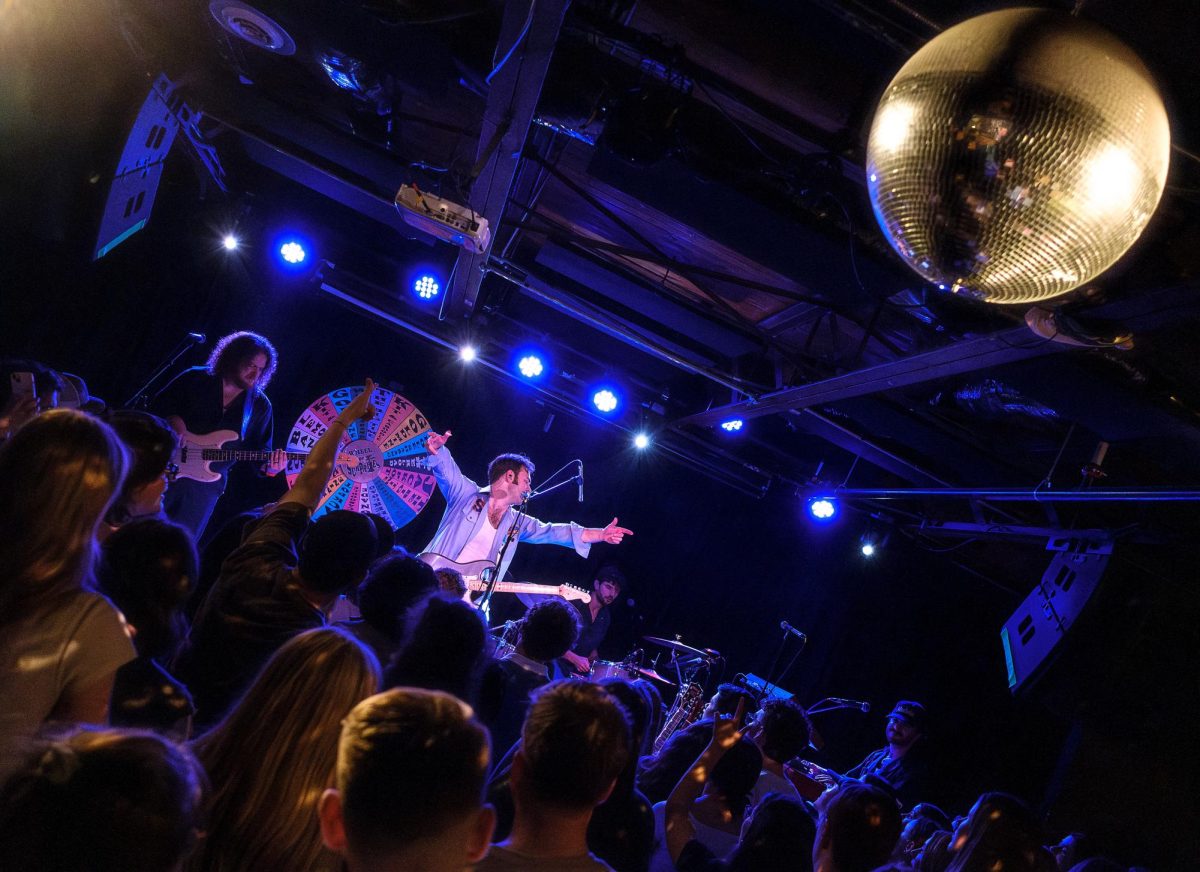The Effects of COVID-19 on the World of Sports
April 15, 2020
On Wednesday, March 11, the entire sports world came to a screeching halt. Utah Jazz player Rudy Gobert tested positive for COVID-19 and immediately the NBA season was postponed until further notice. Over the course of the next few days, leagues and organizations around the world followed in postponing their seasons and for the last several weeks their stadiums and arenas have remained vacant. But besides empty seats, a world without sports has had so many other consequences that affect more than just the athletes.
Athletic organizations around the world generate billions in revenue every year. From ticket sales, television contracts and team apparel, billions of dollars are poured into the industry. While large portions of that revenue go to the management and athletes, so many others benefit from the jobs created by the industry. Analysts, journalists, photographers, ticket salesman, security personnel and even janitors are all jobs funded by sports. But for now, those who hold these positions remain without purpose and await the day that they might be able to go back to work.
In addition to professional sports being postponed, college sports have been cancelled. These aspiring collegiate athletes have been placed at a major disadvantage as their seasons will not resume from where they left off. Teams and individuals will be denied opportunities for accomplishments, awards, championships and lifelong dreams as they are unable to compete.
While the NCAA has granted all seniors involved in spring sports an opportunity to return next year, it won’t be the same as some may choose not to return, others may move onto the next level and new freshman will change the dynamics of teams and competition.
As for those athletes who played in winter sports, such as basketball or gymnastics, were not given the opportunity to have another shot at their senior year.
For the foreseeable future, fans will have to continue living their lives without the opportunity to cheer on their favorite team — having the inability to feel the excitement and adrenaline of a last second shot, incredible goal or upsetting victory. Sports provide an escape from reality, where everything can be left aside and for a few hours all that matters is the game and its outcome. Sports also provide a sense of belonging and unity. Arenas seat thousands of people, and for a short time the majority of that crowd are united as one, pitted against a of group of individuals simply because they wear a different jersey.
But for now, the world of sports remains on hold. Athletes and organizations alike encourage fans to stay home so that sooner rather than later arenas and stadiums can be reopened, fans can fill seats and athletes can resume their natural stage of competition.
c.bagley@dailyutahchronicle.com
Editor’s note: Signs and symptoms of COVID-19 include fever, dry cough, tiredness and shortness of breath. These symptoms are believed to occur between two and 14 days after a person is exposed to the disease. If you have these symptoms and have recently come into contact with a person who is known to have COVID-19, or if you have recently traveled to an area with community spread of the disease, you should call your doctor. Areas with community spread of COVID-19 are believed to include China, South Korea, Italy, Iran and Seattle. If you do not have a doctor who you visit regularly, please call the Utah Coronavirus Information Line at 1-800-456-7707 or the University of Utah Health hotline at 801-587-0712. Do not go to a healthcare facility without first making arrangements to do so.












